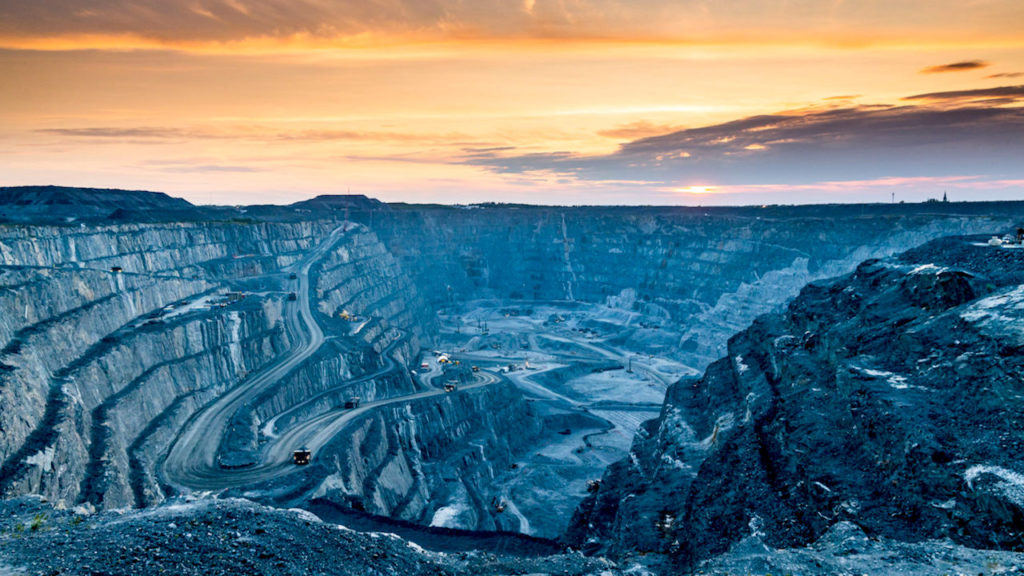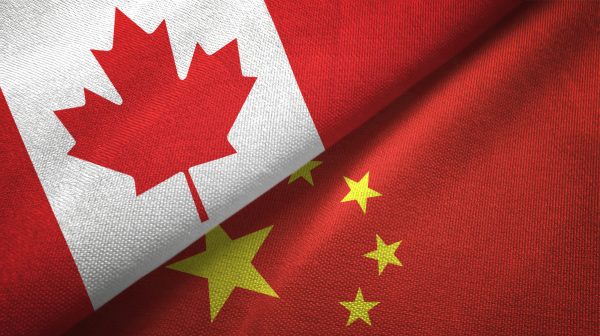



Canada's economy is experiencing a slowdown, with limited growth anticipated in the coming quarters. Consumer spending has weakened, particularly among heavily mortgaged individuals, and the labor market is cooling, with wage growth expected to decelerate. Housing affordability and availability remain pressing concerns, prompting the government to take action [4212111].
In addition to domestic factors, foreign control also plays a significant role in shaping Canada's economy. According to a report by Statistics Canada, the share of assets owned by foreign-controlled enterprises in Canada decreased from 15.1% to 14.9% between 2020 and 2021. This amounts to $2.4 trillion out of a combined $15.9 trillion controlled by both Canadian and foreign entities. The United States accounts for the largest share of foreign-controlled assets in Canada at 52.3%, followed by Asia at just under 15%. Japan and China control 7% and less than 4% of foreign-controlled assets in Canada, respectively. The financial sector has seen a steady decline in foreign-controlled assets, reaching a 12-year low of 8.7% in 2021. In contrast, the non-financial sector has maintained a steady percentage of foreign-based companies at 23.5%. The wholesale trade industry has the highest concentration of foreign-controlled assets at 48.2%, followed by manufacturing at 44.3%, oil and gas at 40%, and mining at 30%. Highly regulated industries in Canada are predominantly Canadian-controlled, resulting in foreign-controlled assets representing less than 10% of the total. The United States, United Kingdom, and Japan are the top three countries with the highest control of assets in the financial sector in Canada [4212111].
Despite the challenges, the Canadian government is committed to supporting its citizens and ensuring the country remains competitive. Measures like the Affordable Housing and Groceries Act have been introduced to address housing affordability and make life more affordable for Canadians. Efforts have also been made to strengthen the social safety net while maintaining responsible fiscal management [4212111].
China has become the world's largest mining producer and financier, while Canada has fallen in the global rankings. Chinese firms are taking advantage of their leadership position to invest in Canadian mining operations. The Canadian government implemented the Investment Canada Act (ICA) to review and reject foreign investments, but China has made significant investments in Canadian mining despite these measures. China's dominance in the mining sector poses challenges for Canada's economic, energy, geopolitical, and security interests. China has invested heavily in mining operations globally and has links to over 100 Canadian mining companies. Canadian mining companies are accepting Chinese financing and investment due to a lack of alternatives. Canada and its allies should promote domestic investment, make the regulatory process around mining more efficient, and encourage other friendly foreign actors like the US and Australia to invest in Canadian mining [77d2c8bd].
The Mining Association of Canada (MAC) has reported that the demand for Canadian natural resources is on a scale never seen before. The mining industry contributes C$161 billion to Canada's GDP and employs 694,000 people directly and indirectly. Canada is among the top producers of metals and non-metallic minerals in the world, including being the top producer of potash and the second-largest producer of niobium and uranium. In 2022, mining, quarrying, and oil and gas extraction represented 7.8% of Canada's GDP. The total value of Canadian mineral production in 2022 was C$74.6 billion, up from $58.6 billion in 2021. MAC CEO Pierre Gratton emphasized the need for efficient collaboration between government, industry, and all communities of interest to ensure the industry benefits all Canadians. The report proposes several recommendations to enhance the competitiveness of the Canadian mining sector [0414e445].
Chinese mining firm Zijin Mining Group has announced its acquisition of a 9.9% strategic stake in Canadian miner Montage Gold. The deal, valued at nearly C$57.3 million ($41.90 million), will be completed by August 12. This comes as Canada is seeking to tighten its Investment Canada Act, which reviews deals involving foreign companies to safeguard national security. In 2022, three Chinese companies were ordered to divest their investments in Canadian critical minerals due to national security concerns. Earlier this year, Zijin Mining scrapped plans to acquire a 15% stake in Montage Gold due to concerns about meeting foreign investment standards. The Lundin Family Trust will also increase its stake in Montage Gold from 17.7% to 19.9% as part of the deal. The proceeds from the offering will be used for development expenditures and exploration at Montage's Kone Project in Cote d'Ivoire [be4d11fb].
A subsidiary of China's Zijin Mining Group, Jinteng (Singapore) Mining, is disputing Canada's consideration of a national security review in its agreement to purchase the La Arena gold mine in Peru from Pan American Silver Corp. Canada's Industry Minister François-Philippe Champagne has found the agreement 'could be injurious to national security' and may order a formal review. Jinteng claims that the minister lacks jurisdiction to order a national security review as the target companies and their assets are in Peru and do not have operations or assets in Canada. The case presents a test of Ottawa's reach on companies incorporated in Canada but with no domestic operations. The Canadian government has expressed its intention to scrutinize foreign investments involving strategic minerals and hostile states. The outcome of the case will have implications for Canada's ability to regulate such deals and protect its national and economic security [be85f451].